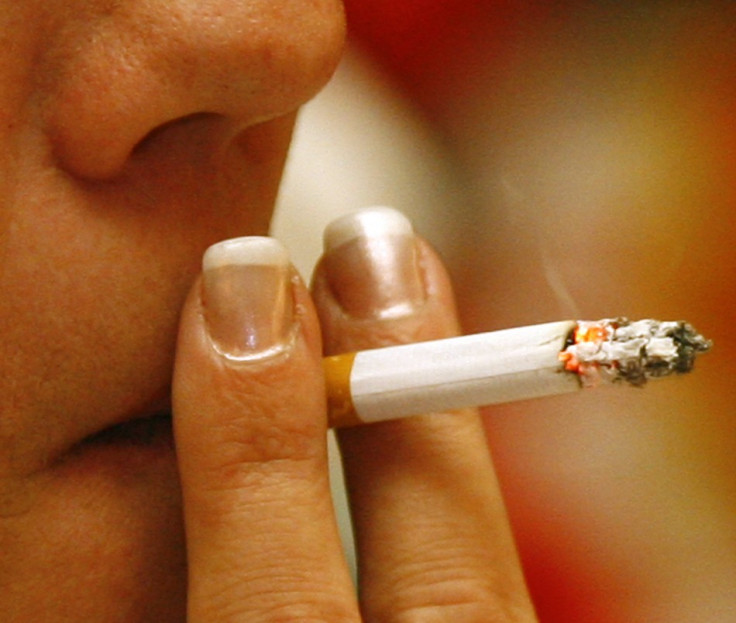Osborne’s Budget Adds Further Challenge to UK Inflation Targets

Sir Mervyn King's hopes to draw back the UK inflation rate to his preferred two percent target this year could face fresh challenges following chancellor George Osborne's budget.
The Office for National Statistics estimates that duty increases, including tobacco and fuel, will cause a 0.17 percent increase in the annual Consumer Price Index (CPI) rate.
The note, published Wednesday, suggests recent decreases in the rate of inflation could stall, posing a tough battle for the Bank of England's efforts to claw the rate back to two percent.
CPI inflation slowed to 3.4 percent in February, a 0.2. percent drop from January. RPI inflation slowed to 3.7 percent from 3.9 percent.
The most significant CPI increase will be seen in tobacco, which Osborne hit with a five percent duty rate increase, adding around 37 pence to the cost of a packet of cigarettes.
The ONS calculates that this will lead to a 0.13 percent monthly rate increase and 0.16 to the Retail Price Index (RPI) monthly rate.
The increase in alcohol duty, first announced in the 2008 budget and extended in 20120, will rise by two percent over the RPI. This would add around three pence to the cost of a pint of beer.
The ONS estimates the budget changes leading to a 0.07 percent increase a month in the CPI rate for alcohol, mirrored in the RPI.
An increase in vehicle excise duty is expected to lead to a 0.02 percent monthly CPI rise, while a 0.01 percent bump in air passenger duty prices is also expected
The 3.02 pence fuel duty increase, set to go ahead from August 1, is estimated to lead to a 0.12 percent monthly CPI increase
The ONS assessments are based on changes in duties being passed on, in full, to consumers as soon as they come into effect. The ONS stresses that the note is just an estimates guideline, but it adds weight to claims that consumers will not find their budgets eased over the coming year.
The slowdown saw Chris Williamson, chief economist at Markit, tell the BBC that the Bank of England "is hoping that it's going to fall to two percent by the end of the year".
© Copyright IBTimes 2025. All rights reserved.





















